
FOR IMMEDIATE RELEASE
February 1, 2010
Contacts:
Jan Hasselman, Earthjustice, 206-343-7340 ext. 25
Dvija Michael Bertish, Rosemere Neighborhood Association, 360-281-4747
Brett VandenHeuvel, Columbia Riverkeeper, 503-348-2436
Mark Riskedahl, Northwest Environmental Defense Center, 503-768-6673
Clean Water Advocates Fight For Stronger Stormwater Controls in Clark County
Lawsuit filed to protect salmon and close illegal loopholes
Lacey, WA.–Local residents and clean water advocates today filed a challenge to Clark County’s on-going failure to protect rivers, streams and comply with laws limiting stormwater pollution.
The public interest law firm Earthjustice filed an appeal on behalf of three local conservation organizations asking the Washington State Pollution Control Hearings Board to throw out a recent agreement between Clark County and the Washington Department of Ecology. Local residents and clean water advocates argue the state authorized inadequate development standards that will generate illegal stormwater pollution.
“Clark County’s refusal to comply with state stormwater requirements is unfair to other cities and counties that are working hard to clean up our polluted waterways,” said Earthjustice attorney Jan Hasselman, who is representing the groups. “When it comes to clean water, everyone needs to do their share.”
Stormwater contains toxic metals, oil, grease, pesticides, herbicides, bacteria and nutrients. Last year, the Environmental Protection Agency released a startling report on toxics in the Columbia Basin, which identified stormwater as a leading cause of toxic pollution in the Basin. When stormwater runs off parking lots, buildings, and other urban development, it carries with it toxic metals, particularly copper and zinc, which harm salmon and other aquatic life.
Under a lopsided deal reached in early January, Ecology agreed to allow Clark County to retain inadequate stormwater standards for new development in exchange for a promise to implement county-funded stormwater mitigation projects.
However, Clark County is already required to implement these projects under federal law. Additionally, the agreement allows Clark County to mitigate new development anywhere in the county, up to three years after the development occurs.
“Clark County’s approach to stormwater is a bad deal for clean water and species like salmon because developers will continue to use outdated and inadequate building standards,” said Dvija Michael Bertish of the Rosemere Neighborhood Association, one of the appellant groups. “It’s also a bad deal for taxpayers because it transfers the burden of mitigating stormwater from developers to the public.”
“From subsistence to recreational fishing, so many people in our area rely on fish from local streams and rivers,” explained Brett VandenHeuvel, Executive Director of Columbia Riverkeeper. “Given the direct harm of stormwater toxics on salmon, we need our state and Clark County to comply with the law to protect the salmon and the people who rely on them.”
Federal law required Clark County to adopt new rules governing runoff from development by August of 2008. Rather than comply with Clean Water Act requirements, the County knowingly adopted a significantly weak flow control standard for new development. While Ecology initially sought to bring an enforcement action against the county, it later agreed to let Clark County retain the insufficient standards.
“Clark County is allowing development that does not change the rate of stormwater flow even though this flow continues to damage creeks and rivers,” said Dennis Dykes, an expert hydrogeologist who has reviewed the Clark County’s proposal. “The stormwater ordinance and the proposed flow control program are not protective of water quality and endangered species like salmon. There is simply no scientific basis for allowing continued degradation of one watershed in exchange for a plan to do something beneficial somewhere else.”
The appealing groups include Rosemere Neighborhood Association, Columbia Riverkeeper, and the Northwest Environmental Defense Center. They are represented by attorneys Jan Hasselman and Janette Brimmer of Earthjustice. A copy of the appeal is available by contacting Jan Hasselman, 206-343-7340 ext. 25.
A copy of the EPA’s toxics report for the Columbia is available here at http://yosemite.epa.gov/r10/ecocomm.nsf/Columbia/SoRR/
About the Pollution Control Hearings Board
The Pollution Control Hearings Board acts like a court for appeals of state environmental regulations. The three board members hear appeals from orders and decisions made by the Department of Ecology and other agencies as provided by law. The Board’s function is to provide litigants a full and complete administrative hearing, as promptly as possible, followed by a fair and impartial written decision based on the facts and law. The Board is not affiliated with the Department of Ecology or any other state agency. The Board consists of three members, who are appointed by the governor and confirmed by the State Senate for staggered six-year terms.
*******
For a pdf version of this Press Release, click here.
To view the Notice of Appeal to Washington State Pollution Control Hearings Board, click here.
From The Oregonian, read article here.
From The Columbian, read article here.
From the Lake Stevens Journal, read article here.
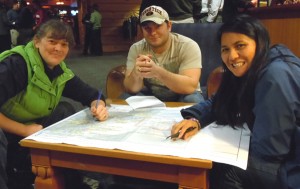
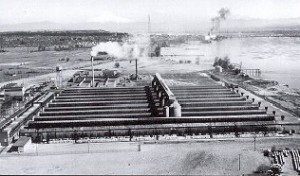

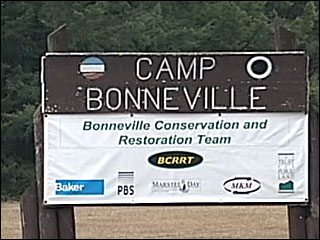
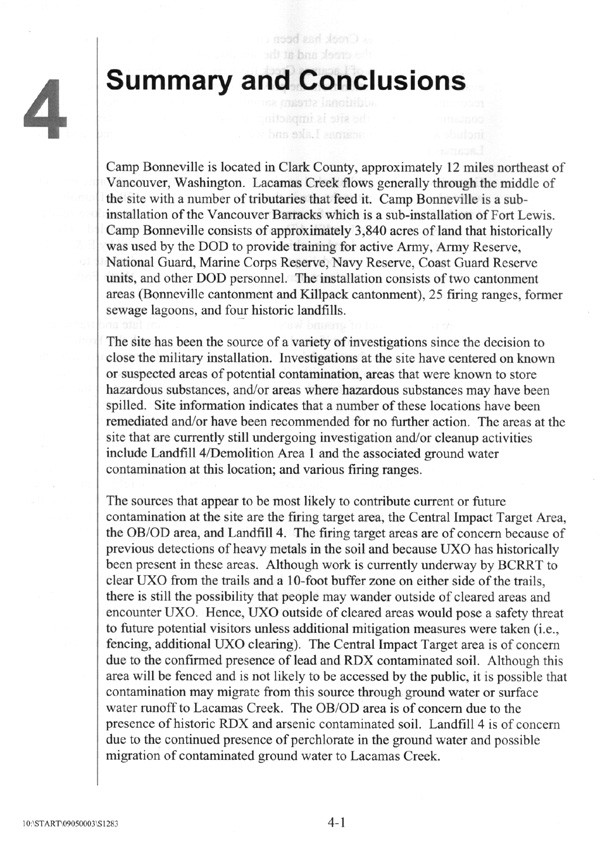
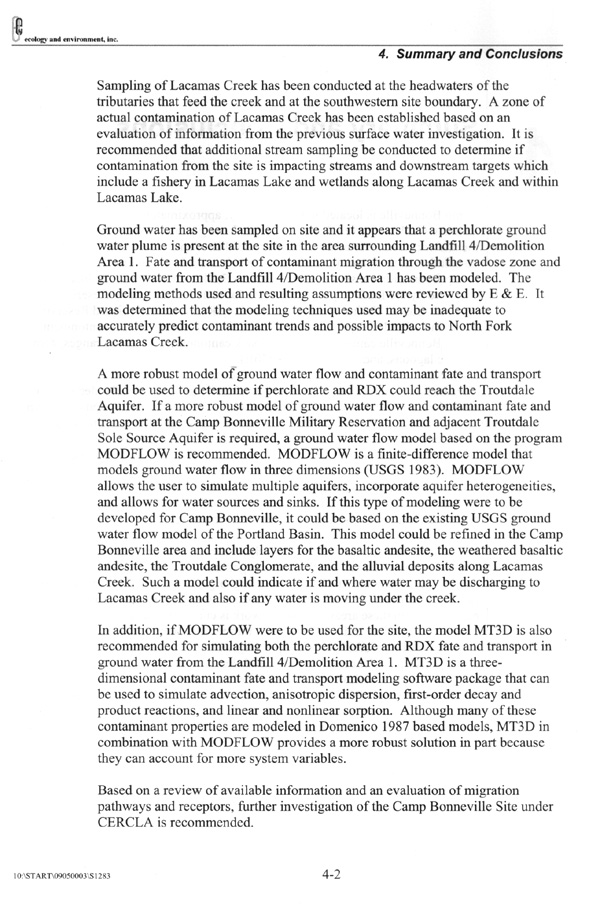

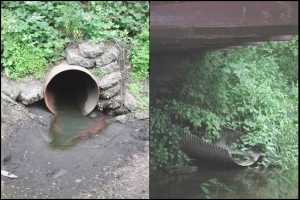




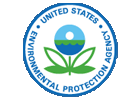







![Washington State Water Quality Assessment [303(d)] Washington State Department of Ecology](http://www.rosemerena.org/home/wp-content/uploads/2009/03/ecy_logo.gif)

